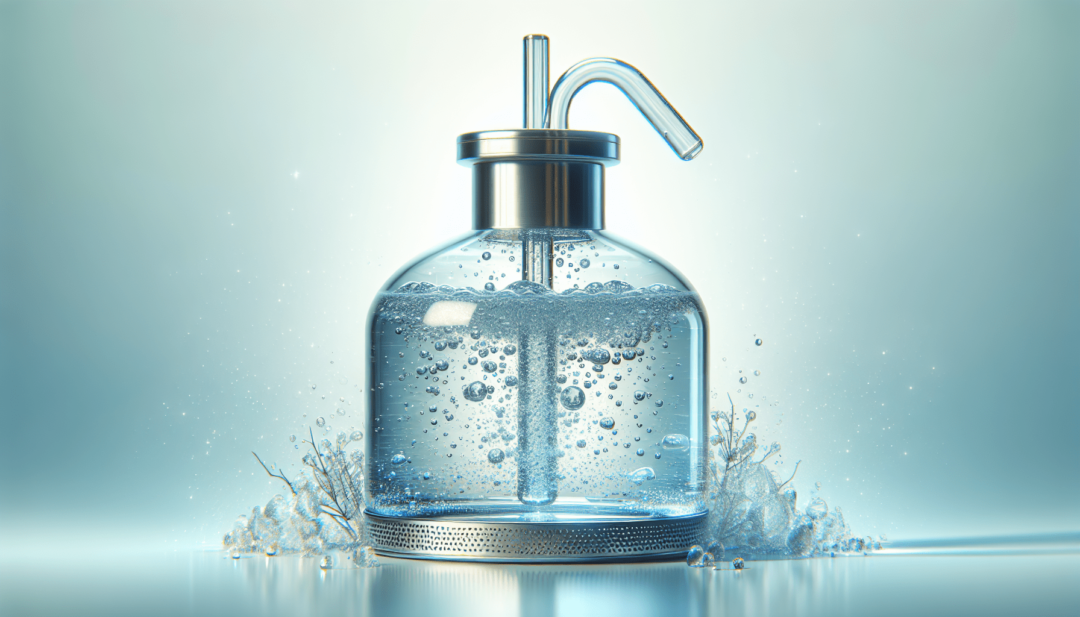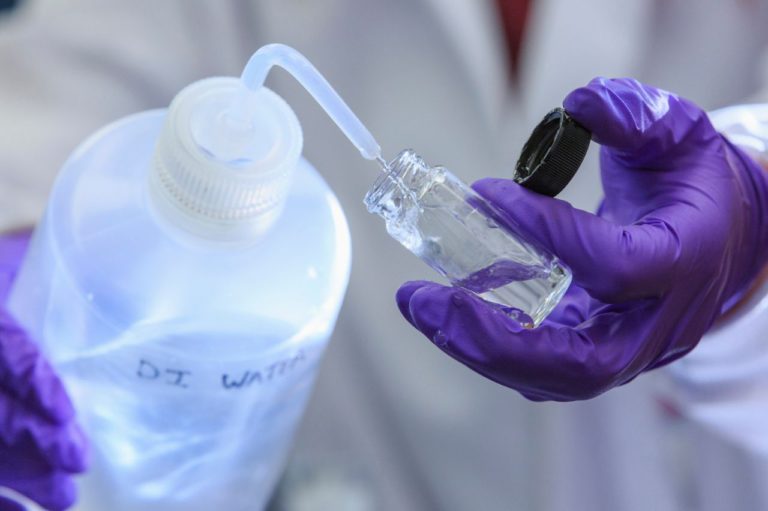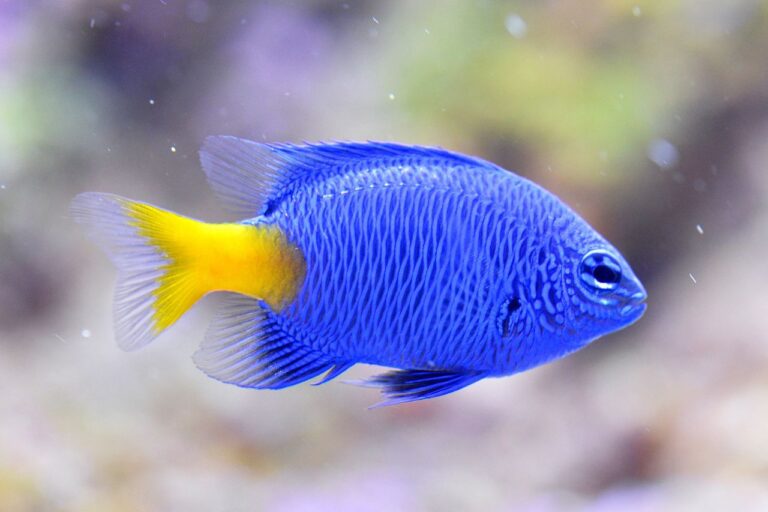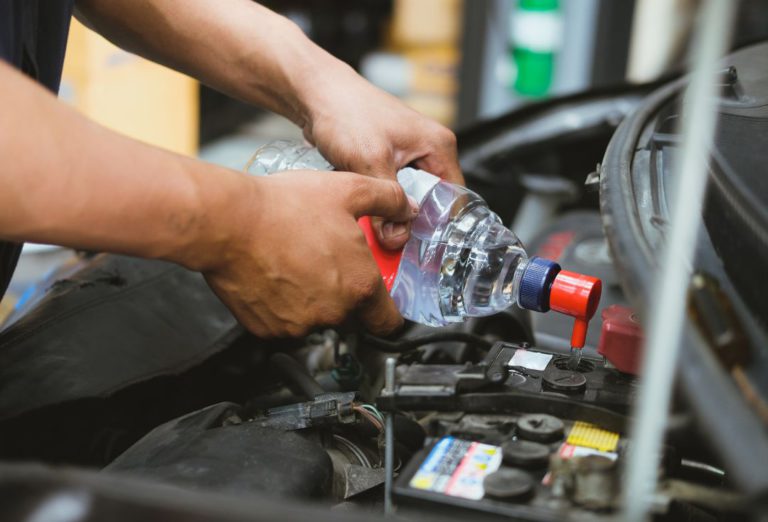Water Distillation: A Solution for Health Issues
Have you ever wondered about the purity of the water you drink every day? With health being a top priority for many, ensuring the water you consume is clean, safe, and free from contaminants has never been more crucial. One method gaining popularity for its efficiency in producing purified water is distillation. This article delves into water distillation and explores how it can address various health issues.
Understanding Water Distillation
Water distillation is a process that involves turning water into vapor and then condensing it back into liquid form to remove impurities. It’s a simple but highly effective method used for centuries to ensure water cleanliness.
How Does Water Distillation Work?
The distillation process involves heating water to its boiling point. The water vapor rises, leaving contaminants, such as heavy metals, minerals, and chemical pollutants, behind. The vapor then condenses back into liquid form, resulting in purified water.
Steps of Water Distillation:
- Heating: Water is heated to create steam.
- Evaporation: The steam rises, leaving impurities behind.
- Condensation: The steam cools and condenses back into liquid.
Types of Water Distillation Methods
There are several methods of water distillation, each with its own advantages. Here are some common ones:
| Method | Description |
|---|---|
| Simple Distillation | Basic form involving heating, vaporization, and condensation. |
| Fractional Distillation | Used for separating mixtures with different boiling points. |
| Steam Distillation | Uses steam for extracting essential oils without destroying them. |
| Solar Distillation | Uses solar energy to heat water, a sustainable and eco-friendly method. |
Home Water Distillation Units
For personal use, home water distillation units are available that make the process easy and convenient. These units generally include a boiling chamber, a cooling system, and a collection container.
Benefits of Home Water Distillers:
- Convenience: Easy to use and set up in your kitchen.
- Cost-effective: Saves money in the long run compared to buying bottled water.
- Health Benefits: Provides consistently pure water, free from harmful contaminants.
Health Benefits of Distilled Water
Distilled water is known for its purity, making it beneficial for various health aspects. Let’s explore how distilled water can influence your health positively.
Removal of Contaminants
Heavy metals like lead, mercury, and arsenic, and chemical pollutants such as pesticides and industrial solvents, can be detrimental to your health. Distillation effectively removes these contaminants.
Common Contaminants Removed by Distillation:
| Contaminant | Health Issues |
|---|---|
| Lead | Neurological damage, developmental delays in children. |
| Mercury | Kidney damage, neurological and developmental disorders. |
| Arsenic | Skin lesions, cancer, cardiovascular diseases. |
| Pesticides | Hormonal disruptions, cancer, reproductive issues. |
Benefits for Individuals with Compromised Immune Systems
For individuals with weakened immune systems, such as chemotherapy patients or those with HIV/AIDS, drinking purified water can help reduce the risk of infections and other health complications.
Prevention of Waterborne Diseases
Distilled water minimizes the risk of waterborne diseases, such as cholera, dysentery, and giardia, which are particularly prevalent in areas with poor water sanitation.
Supports Kidney Health
Drinking distilled water can aid in flushing out toxins from the body, reducing the strain on kidneys and preventing kidney stones.
Safe for Infant Consumption
Distilled water is safe for mixing infant formula, ensuring that the youngest family members are not exposed to potential contaminants found in tap water.

Potential Downsides of Distilled Water
While distilled water is incredibly pure, it’s essential to consider some potential downsides to make an informed decision.
Lack of Minerals
Distillation removes not only contaminants but also beneficial minerals like calcium, magnesium, and potassium. While these minerals can be obtained from a balanced diet, those relying solely on distilled water should be aware of this aspect.
Taste Differences
Some people find distilled water to have a flat or bland taste because it lacks the minerals that give water its “flavor.” This can be an adjustment for some individuals.
Potential Acidity
Distilled water can absorb carbon dioxide from the air, making it slightly acidic. While this isn’t harmful, it might not be preferable for everyone.
Maintenance of Distillation Units
Home distillation units require regular cleaning and maintenance to ensure they function correctly and provide safe water continuously.
Who Should Consider Using Distilled Water
Distilled water isn’t a one-size-fits-all solution, but it offers significant benefits for specific groups of people.
Individuals with Health Concerns
People dealing with chronic illnesses, autoimmune diseases, or compromised immune systems may find distilled water beneficial. It helps reduce the burden of additional contaminants that their bodies would struggle to handle.
Environmental Conscious Individuals
Those looking to reduce their carbon footprint may prefer home water distillation over buying bottled water. Solar distillation units are particularly appealing to eco-conscious individuals.
Athletes and Fitness Enthusiasts
For athletes and fitness fans who need to stay hydrated, distilled water provides a clean, pure hydration source without the risk of ingesting harmful substances that could affect performance.

How to Choose a Water Distillation System
Choosing the right water distillation system involves considering several factors to ensure it fits your needs.
Capacity and Size
Consider how much water you need daily. Smaller units may suffice for individuals, while larger households may require a system with larger capacity.
Cost
Look at both the initial cost of the unit and the long-term operating costs, including electricity and maintenance expenses.
Features
Modern distillation units come with various features, such as automated shut-off, stainless steel components, and energy efficiency. Determine which features are most important to you.
Brand Reputation
Research brands and read reviews to ensure you’re purchasing a reliable and effective water distillation system. Trusted brands often provide warranties and better customer support.
Installation and Maintenance Tips
Once you’ve chosen a water distillation unit, proper installation and maintenance are crucial to ensure its longevity and efficiency.
Installation Tips
- Location: Place the unit in a well-ventilated area to prevent overheating.
- Electrical Requirements: Ensure the unit is compatible with your home’s electrical system.
- Assembly: Follow the manufacturer’s instructions carefully to avoid damage.
Maintenance Tips
- Regular Cleaning: Clean the boiling chamber and other components regularly to prevent scale buildup.
- Filter Replacement: Some units may have carbon filters that need periodic replacement.
- Inspection: Periodically check for any signs of wear and tear and address issues promptly.
Distilled Water vs. Other Purification Methods
Understanding how distilled water compares to other common purification methods can help you make a more informed choice.
Distilled Water vs. Reverse Osmosis
| Feature | Distilled Water | Reverse Osmosis |
|---|---|---|
| Purity Level | High | High |
| Mineral Removal | Yes | Yes, but some systems add minerals back |
| Maintenance | Low to moderate | Moderate |
| Cost | Moderate | Moderate to high |
| Environmental Impact | Minimal waste | Produces wastewater |
Distilled Water vs. UV Purification
| Feature | Distilled Water | UV Purification |
|---|---|---|
| Purity Level | High | High, but doesn’t remove chemicals |
| Mineral Removal | Yes | No |
| Maintenance | Low to moderate | Low to moderate |
| Cost | Moderate | Moderate |
| Environmental Impact | Minimal waste | Minimal waste |
Distilled Water vs. Carbon Filtration
| Feature | Distilled Water | Carbon Filtration |
|---|---|---|
| Purity Level | High | Moderate to high |
| Mineral Removal | Yes | No |
| Maintenance | Low to moderate | Moderate to high (filter replacements) |
| Cost | Moderate | Low to moderate |
| Environmental Impact | Minimal waste | Filter disposal waste |
Conclusion: Is Water Distillation Right for You?
Water distillation presents a reliable method to ensure the purity of your water, fostering better health outcomes by eliminating harmful contaminants. Whether you’re dealing with health issues, seeking to support a compromised immune system, or simply prioritizing clean water, distilled water has much to offer.
However, it’s also essential to weigh the pros and cons based on your specific needs and circumstances. Distilled water may lack minerals that can be beneficial, but if your diet compensates for these, the benefits can far outweigh the downsides.
Investing in a home water distillation system could be a forward-thinking step toward better health and well-being. With the right unit and proper maintenance, you can enjoy the peace of mind that comes with drinking pure, uncontaminated water every day. Make informed decisions, prioritize your health, and hydrate in the purest form available through water distillation.







